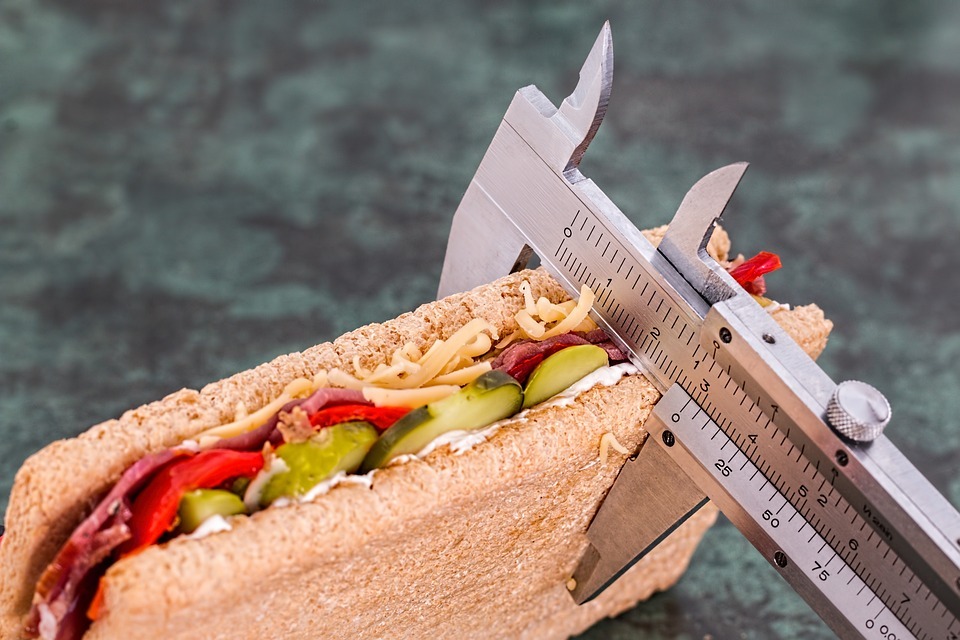Quick Weight Loss Pills: Miracle Solution or Dangerous Gamble?
The promise of rapid weight loss is alluring in a society where the pressure to attain the ideal body is omnipresent. Quick weight loss pills often market themselves as the miracle solution to shed those stubborn pounds. But as with any seemingly magical remedy, there are significant risks to consider. Are these pills the answer we’ve all been waiting for, or are they a dangerous gamble?
Understanding Quick Weight Loss Pills
Quick weight loss pills encompass a wide array of products, including prescription drugs, over-the-counter supplements, and herbal remedies. They promise to expedite weight loss through various mechanisms, such as:
- Appetite suppression
- Increased metabolism
- Reduced fat absorption
Before diving into that bottle of weight loss pills, it’s essential to understand how they work and the health implications tied to their use.
The Appeal of Quick Weight Loss Pills
The concept of a quick-fix to weight loss is undeniably attractive for several reasons:
- Convenience: Weight loss pills require minimal effort compared to the disciplined routine of diet and exercise.
- Speed: They promise to deliver results in a fraction of the time it traditionally takes to lose weight through lifestyle changes.
- Availability: These pills are readily available and can be purchased without a prescription in many cases.
Are They Effective?
Effectiveness varies widely among different types of weight loss pills. The primary categories include:
- Prescription weight loss drugs:
- Often prescribed for individuals with significant weight issues or obesity.
- Tend to have more stringent regulations and studies supporting their efficacy and safety.
- Over-the-counter (OTC) supplements:
- Available without a prescription.
- Efficacy can be questionable, with many unproven claims.
- Herbal and natural supplements:
- Marketed as healthier alternatives.
- Lack rigorous testing and regulation, making efficacy and safety uncertain.
Potential Risks and Side Effects
Despite their promise, quick weight loss pills can pose serious health risks, including:
- Cardiovascular problems: Some ingredients can increase heart rate and blood pressure.
- Mental health issues: Mood swings, anxiety, and depression can be side effects.
- Dependency: The potential for psychological dependence and misuse exists.
- Digestive issues: Pills that reduce fat absorption can lead to gastrointestinal distress.
Five Tips for Evaluating Quick Weight Loss Pills
To navigate this complex landscape, here are practical tips to consider:
-
Consult a Healthcare Professional:
- Always speak to a doctor before using any weight loss pill, especially if you have underlying health conditions. They can help assess the safety and suitability of the product for your needs.
-
Research the Ingredients:
- Take the time to research each ingredient in the weight loss pill. Look for scientific studies that validate their effectiveness and understand potential side effects.
-
Verify Regulatory Approval:
- Ensure the product is approved by reputable regulatory bodies such as the FDA. This can provide a level of assurance about the product’s safety and efficacy.
-
Read Reviews and Complaints:
- Customer reviews can offer insights into the real-world effectiveness of the product. Pay particular attention to any reported side effects or issues.
- Prioritize Sustainable Methods:
- Focus on long-term weight loss strategies such as balanced diet and exercise alongside or instead of weight loss pills. Sustainable practices generally yield better results without the risks associated with quick fixes.
Fact List: Potential Ingredients and Their Effects
Understanding the common ingredients in weight loss pills can help you make an informed decision:
- Caffeine: Often used to increase metabolism and energy. Can lead to jitters, increased heart rate, and anxiety.
- Garcinia Cambogia: Marketed for fat burning. Mixed evidence on effectiveness; potential liver toxicity.
- Green Tea Extract: Known for antioxidant properties and mild metabolism boosting. Generally safer but may interact with other medications.
- Orlistat: FDA-approved to reduce fat absorption. Can cause gastrointestinal issues.
Alternative Approaches to Weight Loss
If quick weight loss pills seem too risky, consider these safer alternatives:
- Nutritional Counseling:
- Working with a dietitian to customize a dietary plan.
- Physical Activity:
- Incorporating regular exercise tailored to your fitness level and goals.
- Behavioral Therapy:
- Addressing eating habits and emotional triggers contributing to weight gain.
- Medical Supervision:
- Participating in a medically supervised weight loss program that may use prescription medications with regular monitoring.
Conclusion
Quick weight loss pills are not a definitive miracle solution but rather a complex gamble that can come with significant risks. Understanding the ingredients, recognizing potential side effects, and consulting healthcare professionals are crucial steps to take if you are considering these products. It’s essential to approach weight loss with a focus on sustainable and healthy methods, balancing desired results with overall well-being.
Are quick weight loss pills worth the risk? Only a thorough evaluation and personal consideration can answer that question. In the quest for a slimmer figure, always prioritize your health and safety above all else.







